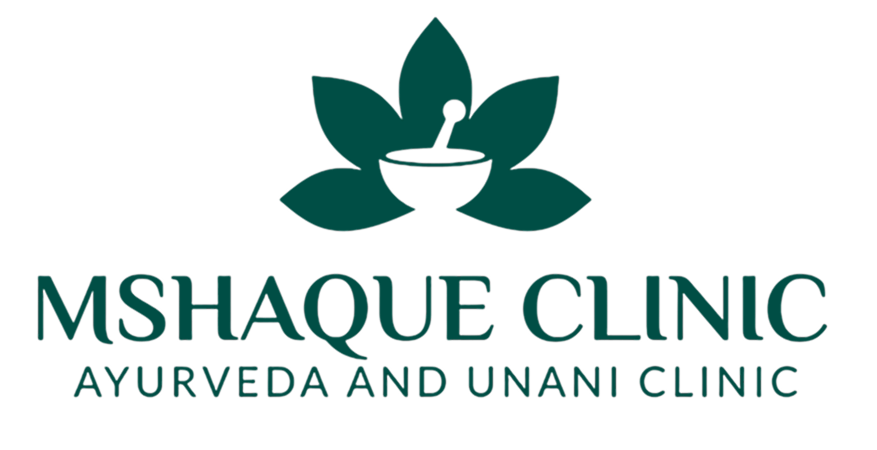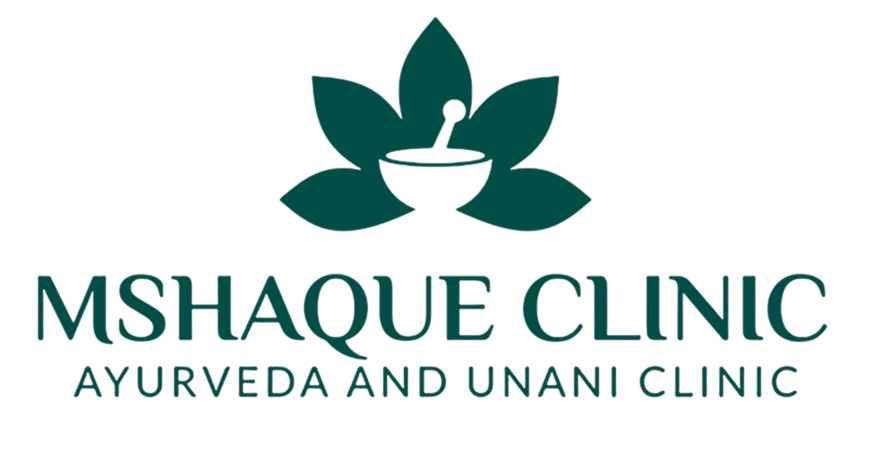Herbs For Gut Dysbiosis: Gut dysbiosis, an imbalance in the microbial ecosystem of our digestive tract, has come to be a growing issue in cutting-edge health. As we study more about the critical function our intestine microbiome performs in standard health, addressing dysbiosis has emerged as a priority for many looking to enhance their well-being. While dietary adjustments and probiotics are frequently the first line of protection, herbs can also play a vast role in rebalancing the intestine microbiome. Let’s discover several of the most effective herbs for combating gut dysbiosis and how they work to repair concord on your digestive system. To know more about Herbs For Gut Dysbiosis visit Mshaque Clinic.
Herbs For Gut Dysbiosis: Understanding Gut Dysbiosis
Before diving into herbal treatments, it is essential to apprehend what intestine dysbiosis is. In a wholesome gut, there is a delicate stability of useful microorganisms, fungi, and other microorganisms. Dysbiosis takes place when this balance is disrupted, regularly leading to an overgrowth of harmful bacteria or yeast. This imbalance can result in numerous signs, such as bloating, gas, diarrhea, constipation, or even systemic health problems. To know more about Herbs For Gut Dysbiosis visit Mshaque Clinic.
Factors contributing to dysbiosis encompass poor eating regimen, pressure, antibiotic use, and environmental pollution. Addressing these root reasons is important, however, herbal treatments can offer precious assistance in the recovery manner.
Herbs For Gut Dysbiosis: Powerful Herbs for Gut Health
- Oregano
Oregano is famous for its strong antimicrobial properties, making it a top-notch herb for preventing dangerous bacteria and fungi within the intestine. The lively compound In oregano, carvacrol, is powerful towards various pathogens, together with Candida albicans, a commonplace culprit in gut dysbiosis.
How to use: Oregano oil capsules or tinctures are to be had, however usually observe dosage instructions cautiously, as oregano is pretty strong. To know more about Herbs For Gut Dysbiosis visit Mshaque Clinic.
- Garlic
Garlic has been used for centuries as a natural antibiotic and antifungal agent. Its active compound, allicin, allows combatting off dangerous microorganisms at the same time as assisting the increase of beneficial bacteria. Garlic also has prebiotic homes, supplying nourishment for exact intestine microorganisms. If you want the best Herbs that heal the stomach lining, you can visit the Mshaque Clinic. We have the best ayurvedic experts, like Dr. M. S. Haque and Dr. A. Perwaiz, who will treat you in the best natural way.
How to apply: Incorporate clean garlic into your diet or recollect odorless garlic supplements if the smell is a challenge.
- Ginger
Ginger is well-known for its digestive benefits. It helps lessen infection inside the gut, improves motility, and has antimicrobial houses. Ginger can be particularly useful in instances of dysbiosis-related nausea and bloating. This is one of the 2 herbs that heal the lining of the gut.
How to apply: Enjoy ginger tea, add sparkling ginger to meals, or take ginger dietary supplements. To know more about Herbs For Gut Dysbiosis visit Mshaque Clinic.
- Berberine-containing herbs
Herbs containing berberine, along with goldenseal (Hydrastis canadensis) and Oregon grape root (Mahonia aquifolium), have powerful antimicrobial and anti-inflammatory homes. Berberine is powerful in opposition to diverse pathogens and can assist reduce intestinal permeability (“leaky intestine”). You can visit the Mshaque Clinic to get treated naturally. We have the best ayurvedic doctors who can give you Herbs for gut healing.
How to use: Berberine dietary supplements are to be had, however, consult with a healthcare issuer for suitable dosing.
- Peppermint
Peppermint is soothing to the digestive tract and has antimicrobial homes. It can assist relieve signs of dysbiosis along with bloating and gas at the same time as helping typical gut health. To know more about Herbs For Gut Dysbiosis visit Mshaque Clinic.
How to apply: Peppermint tea is widely available, or you can use peppermint oil drugs designed for intestinal launch.
- Pau d’Arco
This South American herb has robust antifungal properties, making it especially useful in instances of Candida overgrowth. It also has anti-inflammatory outcomes that could be advantageous to the gut lining. You can visit the Mshaque Clinic to get treated naturally. We have the best ayurvedic doctors who can give you the Best herbs for leaky gut.
How to apply: Pau d’Arco tea or dietary supplements are to be had, however, visit a healthcare company for guidance on use.
- Turmeric
Turmeric’s energetic compound, curcumin, is an effective anti-inflammatory agent. It can assist reduce infection within the intestine associated with dysbiosis and assist in the increase of beneficial bacteria. You can visit the Mshaque Clinic to get treated naturally. We have the best ayurvedic doctors who can give you the Best herbs for gut inflammation.
How to use: Include turmeric in cooking, drink turmeric tea, or bear in mind curcumin supplements for better doses.
- Slippery Elm
While not without delay antimicrobial, slippery elm bureaucracy is a protective coating in the digestive tract, soothing infection and providing surroundings wherein beneficial microorganisms can thrive. You can visit the Mshaque Clinic to get treated naturally. We have the best Ayurvedic doctors who can give you Ayurvedic herbs for gut health.
How to apply: Slippery elm powder may be combined with water to form a relaxing drink, or pills are available.
- Marshmallow Root
Similar to slippery elm, marshmallow root has demulcent residences that coat and soothe the digestive tract. It can assist in alleviating signs and symptoms of dysbiosis at the same time as supporting the healing of the gut lining. If you want the best Herbs for gastrointestinal problems, you can visit the Mshaque Clinic. We have the best ayurvedic experts, like Dr. M. S. Haque and Dr. A. Perwaiz, who will treat you in the best natural way.
How to use: Marshmallow root tea or dietary supplements are generally available.
- Neem
Neem is an effective herb in Ayurvedic medicinal drugs recognized for its antimicrobial and anti-inflammatory properties. It can be in particular beneficial in instances of parasitic infections contributing to dysbiosis. If you want the best Herbs for digestion and bloating, you can visit the Mshaque Clinic. We have the best ayurvedic experts, like Dr. M. S. Haque and Dr. A. Perwaiz, who will treat you in the best natural way.
How to use: Neem supplements are to be had but should be used underneath expert steering due to their efficiency.
Our Other Articles:
Ayurvedic Treatment For Septic Arthritis- All You Need To Know
Ashwagandha For Erectile Dysfunction- All You Need To Know
5 Ayurvedic Herbs For Erectile Dysfunction- All You Need To Know
Ayurvedic Herbs For Collagen Production- All You Need To Know
Ayurvedic Herbs For Fatty Liver- All You Need To Know
Herbs For Gut Dysbiosis: Implementing Herbal Remedies Safely
While herbs can be powerful allies in addressing gut dysbiosis, it’s important to technique their use with caution and expertise. Here are a few guidelines for safely incorporating herbs into your intestine fitness routine:
- Start gradually: Begin with one herb at a time to display its effects on your body.
- Quality subjects: Choose terrific, natural herbs from reputable sources.
- Consult a professional: Work with a herbalist, naturopath, or integrative remedy practitioner to broaden a personalized plan.
- Be affected person: Herbal remedies often paintings greater gently than prescription drugs and may take time to expose consequences. To know more about Herbs For Gut Dysbiosis visit Mshaque Clinic.
- Address root reasons: Herbs work best when blended with dietary and lifestyle modifications that support gut fitness.
- Be privy to interactions: Some herbs can interact with medicinal drugs or have contraindications for positive fitness conditions. Always inform your healthcare company about any herbs you are taking. To know more about Herbs For Gut Dysbiosis visit Mshaque Clinic.
Herbs For Gut Dysbiosis: The Holistic Approach
While herbs may be powerful tools in addressing gut dysbiosis, they need to be part of a holistic approach to gut fitness. This consists of:
- Eating various, fiber-wealthy weight-reduction plan to aid beneficial bacteria
- Managing stress via practices like meditation or yoga
- Getting good enough sleep and exercise
- Avoiding needless antibiotic use
- Limiting exposure to environmental toxins
Conclusion
Gut dysbiosis is a complicated trouble, however nature has furnished us with many herbal allies to help the recuperation of microbial balance. From the antimicrobial electricity of oregano to the soothing properties of marshmallow root, these herbs provide a variety of benefits for the ones struggling with digestive imbalances. To know more about Herbs For Gut Dysbiosis visit Mshaque Clinic.
Remember, the journey to gut health is often a gradual procedure. By incorporating those herbs thoughtfully and working with healthcare experts, you may guide your frame’s herbal recuperation tactics and domesticate a thriving, balanced intestine microbiome. As you embark on this herbal journey, listen in your frame, live knowledgeably, and embrace the energy of plant medicine in nurturing your digestive well-being. To know more about Herbs For Gut Dysbiosis visit Mshaque Clinic.
FAQs
How can I heal my gut dysbiosis naturally?
A: Focus on a diverse, fiber-rich diet, reduce stress, avoid unnecessary antibiotics, and include fermented foods. Probiotic supplements, prebiotic foods, and certain herbs like oregano and garlic can also help restore balance.
What herbs balance gut bacteria?
A: Oregano, garlic, and ginger have antimicrobial properties that can help balance gut bacteria. Berberine-containing herbs like goldenseal, as well as pau d’arco and neem, can also support microbial balance in the gut.
What is the best herb to heal a leaky gut?
A: Slippery elm is often considered one of the best herbs for leaky gut. It forms a protective coating in the digestive tract, reducing inflammation and supporting the healing of the gut lining.
What herbs are good for detoxing the gut?
A: Milk thistle supports liver function, aiding detoxification. Dandelion root stimulates digestive enzymes and bile production. Burdock root has prebiotic properties and supports liver health. Cilantro and chlorella can help remove heavy metals.
Content Checked and Verified By

Dr. A. Perwaiz
B.U.M.S (KOL) IMRP (OXFORD, UK) FIID (UNSW) AUSTRALIA)




